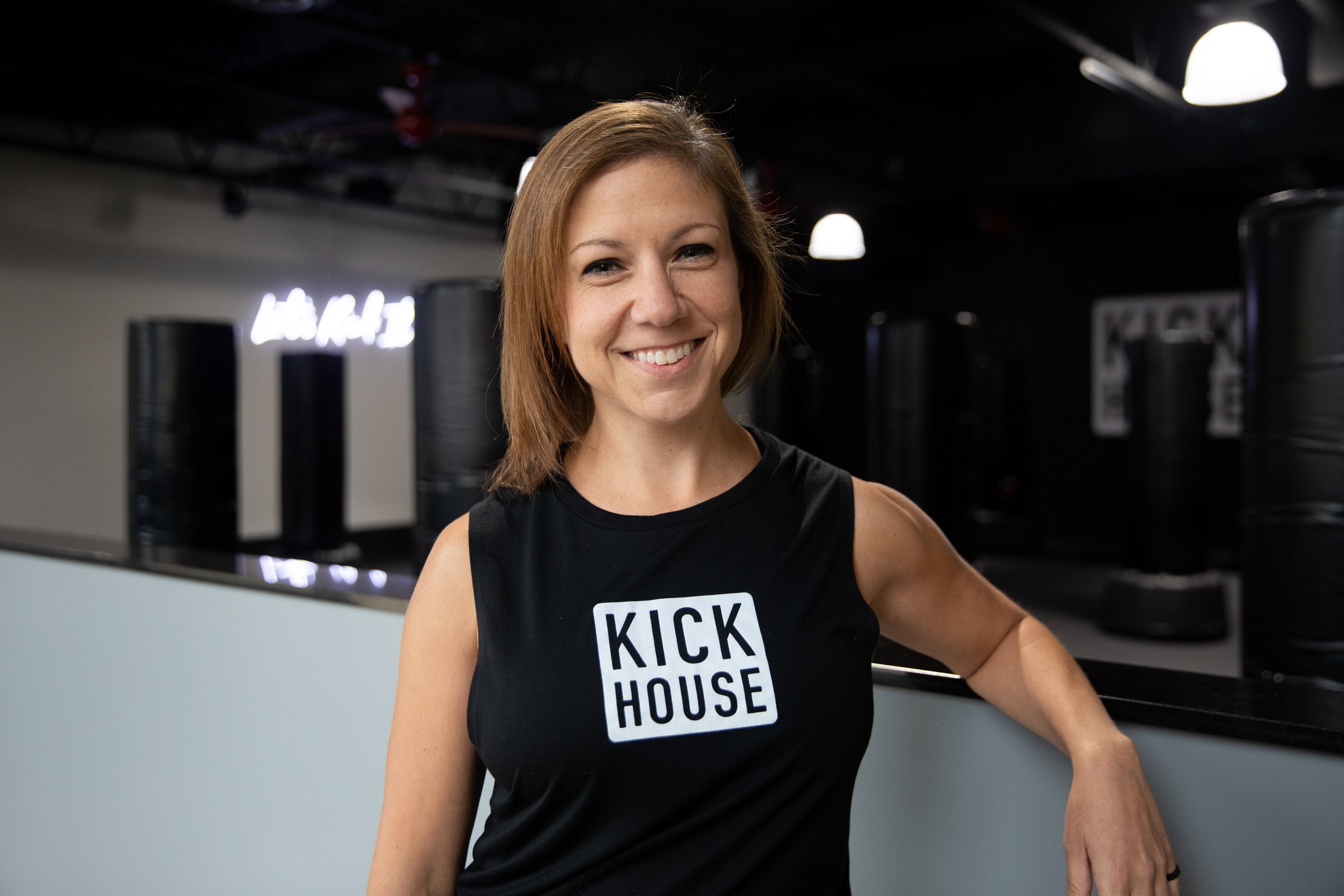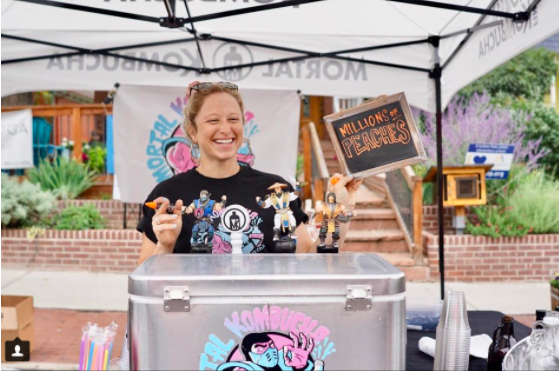Your Story
Your Story
Your Story Matters Here
Because the most powerful brand you’ll ever build is the one rooted in truth.
At FemFounder, we believe every woman’s entrepreneurial journey deserves to be seen, heard, and celebrated. Your story isn’t just personal—it’s part of a collective movement shaping what leadership, success, and visibility look like today. Whether you’re scaling a brand, launching your first product, or redefining your path entirely, your experiences hold power.
We’re here to tell them—with integrity, beauty, and the strategy they deserve.
✨ Ready to grow?
→ [Download the FemFounder PR Starter Kit — Free]
→ [Work with our in-house PR agency, Marquet Media]
→ [Explore templates, tools, and training in the shop]

"From a communist country to a London entrepreneur, a female founder's journey" with Irina Georgieva
Irina is a young and ambitious entrepreneur from Eastern Europe who is building a B2B collaboration platform for entrepreneurs to find business opportunities. Her company's mission is to empower small businesses to grow by enabling them to find new business opportunities quickly and easily. Irina is always eager to meet new people, especially entrepreneurs, and share ideas.


“Mindset is definitely the make or break for new entrepreneurs” with Adrienne Peltz
A former engineer turned entrepreneur – Adrienne Peltz - started a custom jewelry design and manufacturing business after losing her job in 2020. She (and her husband) works with customers to make unique pieces – whether it is a classy traditional jewelry design or something unique as a chicken necklace or a pinwheel ring. The uniqueness is also carried into the name of the business – Forge Gone Conclusions – because they not only forge jewelry, but also meaningful relationships with their customers.

"Don't be afraid to prioritize progress over perfection, everything will work out as it should" with Kristen Day
Kristen Day is a digital marketing + business strategist who guides driven entrepreneurs through the overwhelming process of creating an aligned and profitable online presence by building streamlined processes they feel confident using.
Being self-taught in all of her digital skills, she understands the “pull-you-hair-out” level of frustration that comes with learning how to use the online space to benefit your business. Having created systems for more than 20 different industries, she builds processes that anyone who describes themselves as “not techy” can easily master. She relieves business owners of the stress and overwhelm caused by their online space by translating and simplifying the digital dictionary using the Clear as Day Digital System.



"A pandemic pivot from burnout to balance" with Katie Santoro
River City Virtual Assistants was founded by Katie Santoro in 2020 at the beginning of the global pandemic. Katie’s vision was to grow RCVA by adding other women like herself who wanted to find a work/life balance between household responsibilities and career aspirations. RCVA is committed to keeping women in the workforce with meaningful employment while balancing the challenges of family obligations.


"Start with your Vision" with Bruce Clark
At age 67, Bruce Clark is a serial entrepreneur with many successful and varied, start-up businesses and inventions including retail, automotive, safety, finance, and distribution since the age of 21. His most famous invention is the cupholders mounted on the seats in almost every sports stadium and movie theater in North America.
